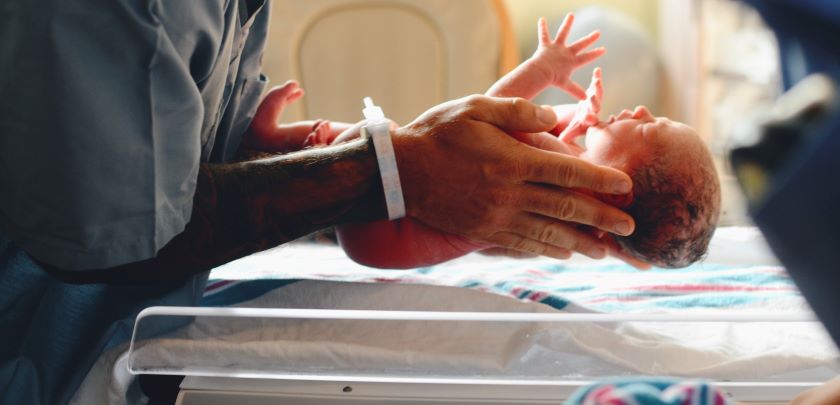What Is Preterm Labor?

When you are pregnant, you will experience a host of aches, pains, bumps and bruises. Part of it will be clumsiness and part will be the baby making himself at home inside your body. But, sometimes pains are an indication of other things going on. Keep reading to find out if you are just achy or if you are at risk for preterm labor.
Preterm labor is occurring when labor has started but you are not at full term. It can occur as early as 20 weeks. A full term gestation is 37 weeks. Ideally you want to go longer which can add up to ten months instead of nine.
If you feel pains that are similar to what labor most likely feels like, talk to your doctor. As you approach 37 weeks, the pains you feel could be false labor pains known as Braxton-Hicks contractions. But, earlier on, it could be something else.
Since babies born at 20 weeks are less likely to survive outside the womb, preterm labor is a condition that doctors will pay close attention to.
Who is at risk?
Every pregnant woman is not necessarily at risk for preterm labor. Women who have experienced miscarriages or previous premature deliveries are more likely to present this condition. Your doctor will do everything that he or she can to extend your pregnancy as long as possible so the baby can be born healthy, and without the risk of developing health problems associated with premature deliveries.
Causes
What can lead to preterm labor? We have touched on two reasons why your pregnancy could be at a risk for this condition. What are other causes or reasons a woman might be at risk for preterm labor?
First, let’s just take a look at how a typical labor begins. When labor begins, the uterus contracts and the cervix will open up. As it does, it thins (effaces) to prepare for delivery. When it is thin enough, your “water” will break and the baby begins to settle into the birth canal.
When this process begins too soon in the pregnancy, we call that “preterm labor.” When this happens, it can be due to a few reasons:
- Preeclampsia
- Multiple babies being carried
- Infection
- Separation of the placenta from the uterine wall
- Incompetent cervix
Symptoms
How will you know that this is happening to you? Signs include abdominal pain and contractions. Since these are also signs of normal pregnancy pain, you’ll need to investigate a little further. If the pains occur before your due date, and the pains are coupled with a fever or leakage from the vagina, you could be in premature labor.
Contact your doctor immediately if you have any of these symptoms. Your doctor will assess your situation and take immediate steps to stop labor or deliver if you are far enough along and the baby is healthy. Don’t guess. With proper medical attention, your pregnancy, and your baby, will be in good hands.
